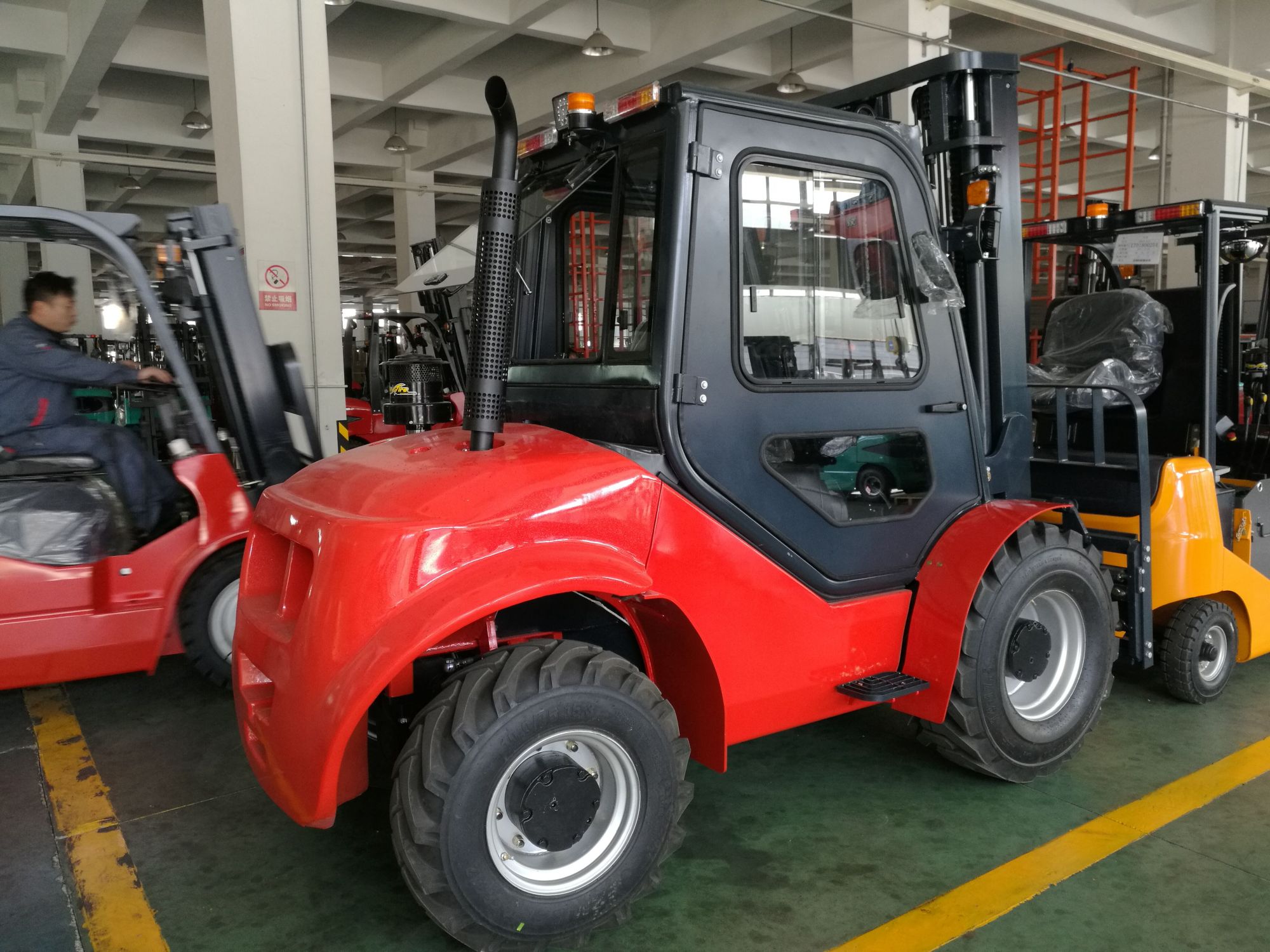Forklift - The Conspriracy
페이지 정보
작성자 Stepanie 작성일24-11-23 16:35 조회15회 댓글0건관련링크
본문
Certainly! Heres a detailed overview of the temperature limits for various seal and gasket materials, along with their properties:
### 1. **Fluoroelastomers (FKM)**
- **Temperature Range**: Typically -20°F to 400°F (-29°C to 204°C), with some grades handling up to 500°F (260°C).
- **Properties**: Excellent resistance to high temperatures, oils, fuels, and aggressive chemicals. Suitable for high-performance applications.
### 2. **Polytetrafluoroethylene (PTFE)**
- **Temperature Range**: -450°F to 500°F (-268°C to 260°C).
- **Properties**: Non-reactive and stable at extreme temperatures. Excellent chemical resistance but can deform under high pressure and temperature when unsupported.
### 3. **Polyurethane (PU)**
- **Temperature Range**: Generally -40°F to 200°F (-40°C to 93°C), though some high-performance variants can withstand up to 250°F (121°C).
- **Properties**: Good abrasion resistance and flexibility. Suitable for dynamic applications but can degrade under extreme heat.
### 4. **Nitrile Rubber (NBR)**
- **Temperature Range**: -40°F to 250°F (-40°C to 121°C).
- **Properties**: Good oil and fuel resistance but less effective at higher temperatures. Extended exposure to high temperatures can cause hardening and loss of elasticity.
 ### 5. **Silicone Rubber**
### 5. **Silicone Rubber**
- **Temperature Range**: -67°F to 450°F (-55°C to 232°C), with some high-temperature grades handling up to 500°F (260°C).
- **Properties**: Excellent temperature stability and flexibility. Good for godrej battery operated forklift price in india high-temperature applications but can be less resistant to oil and solvents.
### 6. **Ethylene Propylene Diene Monomer (EPDM)**
- **Temperature Range**: -40°F to 300°F (-40°C to 149°C).
- **Properties**: Excellent resistance to heat, ozone, and weathering. Not suitable for petroleum-based fluids, but ideal for outdoor applications.
### 7. **Aflas (TFE/P)**
- **Temperature Range**: -20°F to 400°F (-29°C to 204°C), with some variants capable of higher temperatures.
- **Properties**: Excellent chemical resistance, particularly to acids and bases. Suitable for high-temperature applications.
### 8. **Glass-Filled PTFE**
- **Temperature Range**: Similar to standard PTFE, -450°F to 500°F (-268°C to 260°C).
- **Properties**: Enhanced strength and wear resistance compared to standard PTFE, making it suitable for higher loads and temperatures.
### 9. **Metallic Seals (e.g., Copper, Stainless Steel)**
- **Temperature Range**: Varies widely based on the metal, generally up to 1,500°F (815°C) for stainless steel applications.
- **Properties**: Excellent strength at high temperatures, making them suitable for extreme pressure and temperature conditions.
### Conclusion
When selecting seals and gaskets, consider not only the chemical compatibility but also the temperature limits of the materials to ensure optimal performance and longevity. Always refer to the manufacturers specifications for precise temperature limits and recommendations based on your specific application conditions.
scrubber
### 1. **Fluoroelastomers (FKM)**
- **Temperature Range**: Typically -20°F to 400°F (-29°C to 204°C), with some grades handling up to 500°F (260°C).
- **Properties**: Excellent resistance to high temperatures, oils, fuels, and aggressive chemicals. Suitable for high-performance applications.
### 2. **Polytetrafluoroethylene (PTFE)**
- **Temperature Range**: -450°F to 500°F (-268°C to 260°C).
- **Properties**: Non-reactive and stable at extreme temperatures. Excellent chemical resistance but can deform under high pressure and temperature when unsupported.
### 3. **Polyurethane (PU)**
- **Temperature Range**: Generally -40°F to 200°F (-40°C to 93°C), though some high-performance variants can withstand up to 250°F (121°C).
- **Properties**: Good abrasion resistance and flexibility. Suitable for dynamic applications but can degrade under extreme heat.
### 4. **Nitrile Rubber (NBR)**
- **Temperature Range**: -40°F to 250°F (-40°C to 121°C).
- **Properties**: Good oil and fuel resistance but less effective at higher temperatures. Extended exposure to high temperatures can cause hardening and loss of elasticity.
 ### 5. **Silicone Rubber**
### 5. **Silicone Rubber**- **Temperature Range**: -67°F to 450°F (-55°C to 232°C), with some high-temperature grades handling up to 500°F (260°C).
- **Properties**: Excellent temperature stability and flexibility. Good for godrej battery operated forklift price in india high-temperature applications but can be less resistant to oil and solvents.
### 6. **Ethylene Propylene Diene Monomer (EPDM)**
- **Temperature Range**: -40°F to 300°F (-40°C to 149°C).
- **Properties**: Excellent resistance to heat, ozone, and weathering. Not suitable for petroleum-based fluids, but ideal for outdoor applications.
### 7. **Aflas (TFE/P)**
- **Temperature Range**: -20°F to 400°F (-29°C to 204°C), with some variants capable of higher temperatures.
- **Properties**: Excellent chemical resistance, particularly to acids and bases. Suitable for high-temperature applications.
### 8. **Glass-Filled PTFE**
- **Temperature Range**: Similar to standard PTFE, -450°F to 500°F (-268°C to 260°C).
- **Properties**: Enhanced strength and wear resistance compared to standard PTFE, making it suitable for higher loads and temperatures.
### 9. **Metallic Seals (e.g., Copper, Stainless Steel)**
- **Temperature Range**: Varies widely based on the metal, generally up to 1,500°F (815°C) for stainless steel applications.
- **Properties**: Excellent strength at high temperatures, making them suitable for extreme pressure and temperature conditions.
### Conclusion
When selecting seals and gaskets, consider not only the chemical compatibility but also the temperature limits of the materials to ensure optimal performance and longevity. Always refer to the manufacturers specifications for precise temperature limits and recommendations based on your specific application conditions.
scrubber
 실시간상담문의
실시간상담문의
